This morning, reports surfaced that Jennifer Garner was expediting her divorce to Ben Affleck following his release from a 40-day rehab facility in Malibu. Garner was pictured driving him to rehab last August, days after leaving his house 'upset and shaking', according to People.
Requesting a retired judge preside over the divorce, Garner has essentially accelerated the process as the judge's appointment expires on the 1st of March or upon entry of the final divorce settlement, whichever comes first. It's therefore being seen as her attempt to speed up the divorce proceedings, which were filed in August 2016.
Garner and Affleck have continued to co-parent their three children, Violet, Seraphina and Samuel aged 12, 9 and 6 respectively, since separating. As a constant source of support in Affleck’s life, Garner has seen him enter rehab three times now – as far as the public is aware – and is said to have staged an intervention for him before his most recent stint.
For many women, supporting the father of your children through the trauma that comes with divorce is a difficult but necessary experience. With 70% of women initiating divorce, according to a 2015 study of more than 2,000 heterosexual married couples, there is a certain level of guilt that comes with the aftermath of divorce. And given that men are more likely to fall into substance abuse or begin suffering with depression post-divorce - according to the Journal Of Men’s Health- many women are often burdened with supporting their ex through divorce to ensure they remain a stable figure for their children.
‘Divorce is never something you take upon lightly when you’ve got kids,’ says Lily*, who had one five-year-old girl and a new baby daughter when she decided to leave her ex-husband, ‘you know worst case scenario your husband will never see your kids again, and so it took me three years to get up the courage to make the decision.’
Her ex-husband, Craig*, went on a downward spiral after they separated. ‘He lost his job, was partying constantly, getting in trouble with drugs and lost so much weight,’ she says, ‘I wasn’t prepared for that at all because he had always been able to take drugs recreationally and maintain a high-profile job, so for him to spiral like that felt as if he was determined to be the victim.’
Lily was committed to ensuring the father of her children remained in his kids’ lives and embarked on what she describes as ‘three years of hell’ during which she worked to help him get back on track. ‘I would go food shopping for him every week, I couldn’t bear the thought of him spending the money on three-day benders,’ she said, ‘I remember calling his ex-employer and guilt-tripping him into giving him his job back, he still doesn’t know that I did that, because he would never have accepted my help otherwise.’
For women like Lily, ensuring her children had two parents in their life was essential, because as she says ‘there’s no rule book on parenting, so you want a second opinion on everything from someone that loves your kids as much as you, and you want your children to know they have that love from both their parents’. However, it was also the guilt she felt for leaving him that forced her to continue supporting him through the years.
‘I still feel guilty now, to some degree, and it’s been 20 years,’ she said, ‘I felt like I was being selfish, because even though our marriage hadn’t been working for years and I had to leave him for my own mental health, I knew that if I hadn’t of left him this wouldn’t be happening.’
According to relationship psychotherapist and counselling directory member, Anna Kingsley, guilt is extremely common for women after divorce, particularly for those married to men suffering with addiction.
‘Guilt-ridden ex-wives were once guilt-ridden wives, carrying the emotional burden of their marriage as their husbands absented themselves through their addictive behaviour,’ says Anna, ‘The addict doesn't manage emotions well, they certainly can't tolerate the uncomfortable feelings that guilt would evoke, which is partly why they are an addict. So it falls to the wife, married or divorced, to fulfil that job for the two of them.’
‘I suspect the guilt comes in part because, as the wife, they've seen more than anyone else, just how self-destructive the addict can be,’ she continued, ‘they had a front row seat as their husband's drama unfolded and, in some cases, the wives may have played a role themselves - as colluder or as the partner in denial. So, they may continue to help, motivated by regret that they didn't do more at the time.’
Anna states that the guilt only ends ‘when the wife either properly emotionally separates from her ex or when the ex-husband gets clean and takes responsibility for his part in the drama he created.’
While Lily’s ex-husband cleaned up his act in a few years and has since been ‘an excellent father’ to his two children, many women are still now taking all of the responsibility in keeping their family together and ensure their children have a two-parent family.
‘For men, much of their emotional and physical well-being was found in their marriage and without their wives around, they struggle,’ Anna said, ‘they regress and slip back into old unhealthy habits in an attempt to self-medicate.
‘Men tend to see themselves as family providers, so when that role goes, they can feel lost,’ she continued, ‘of course men have friends, but they won't be used to leaning on them emotionally, not like women do. So, they tend to isolate themselves just when they need support more than ever.’
It seems then that archaic gender norms are (once again) resulting in women having to perform all of the emotional labour it takes to help men develop the emotional intelligence and stability to handle divorce. How to tackle this? By abandoning patriarchal notions that attach certain expectations and personality traits onto a person because of their gender. Or, possibly simpler… just don’t get married. I'm kidding, kind of.
Click through for movies you should watch if you're going through a divorce...
Top 10 movies to inspire you after your divorce
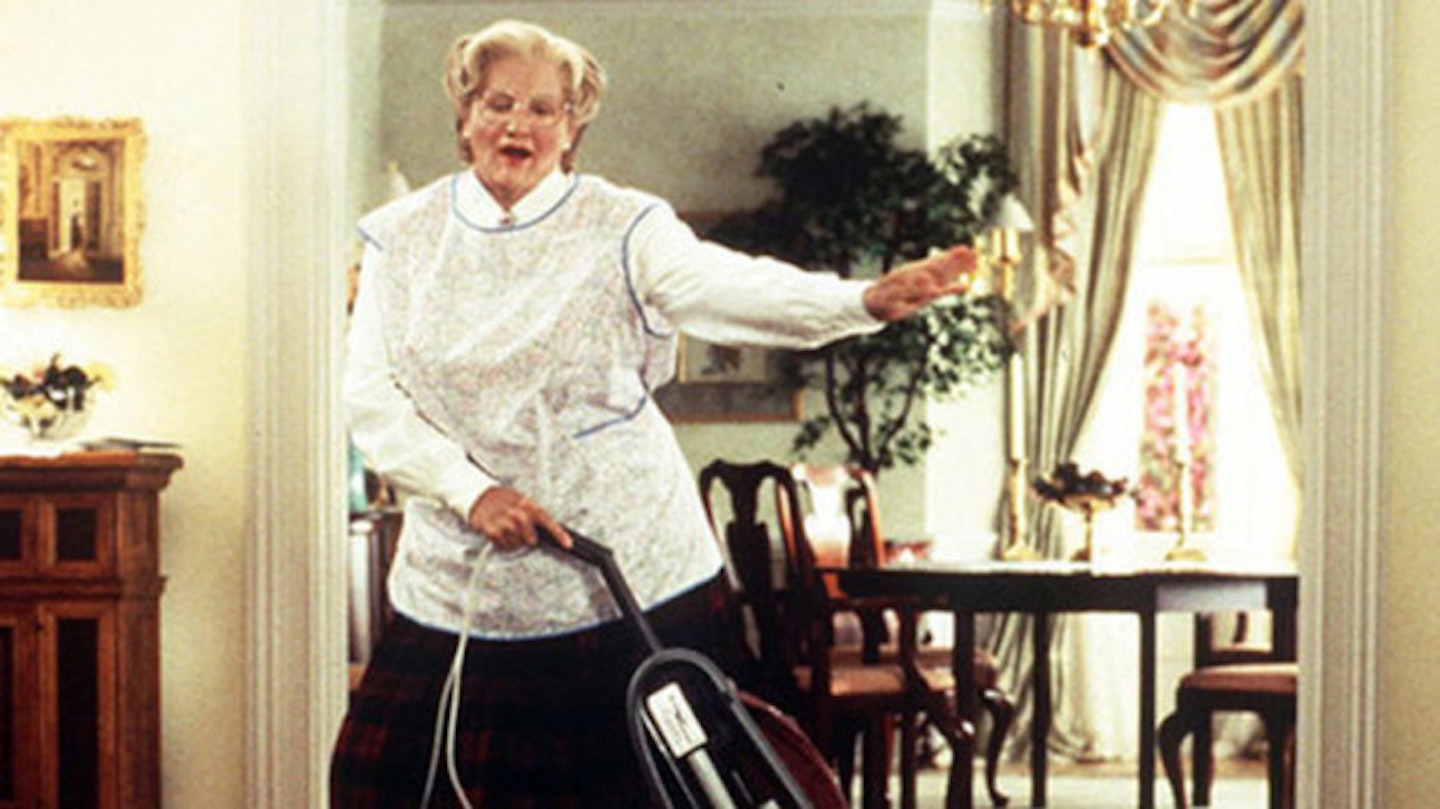 1 of 9
1 of 9mrs-doubtfire-216398_w1000
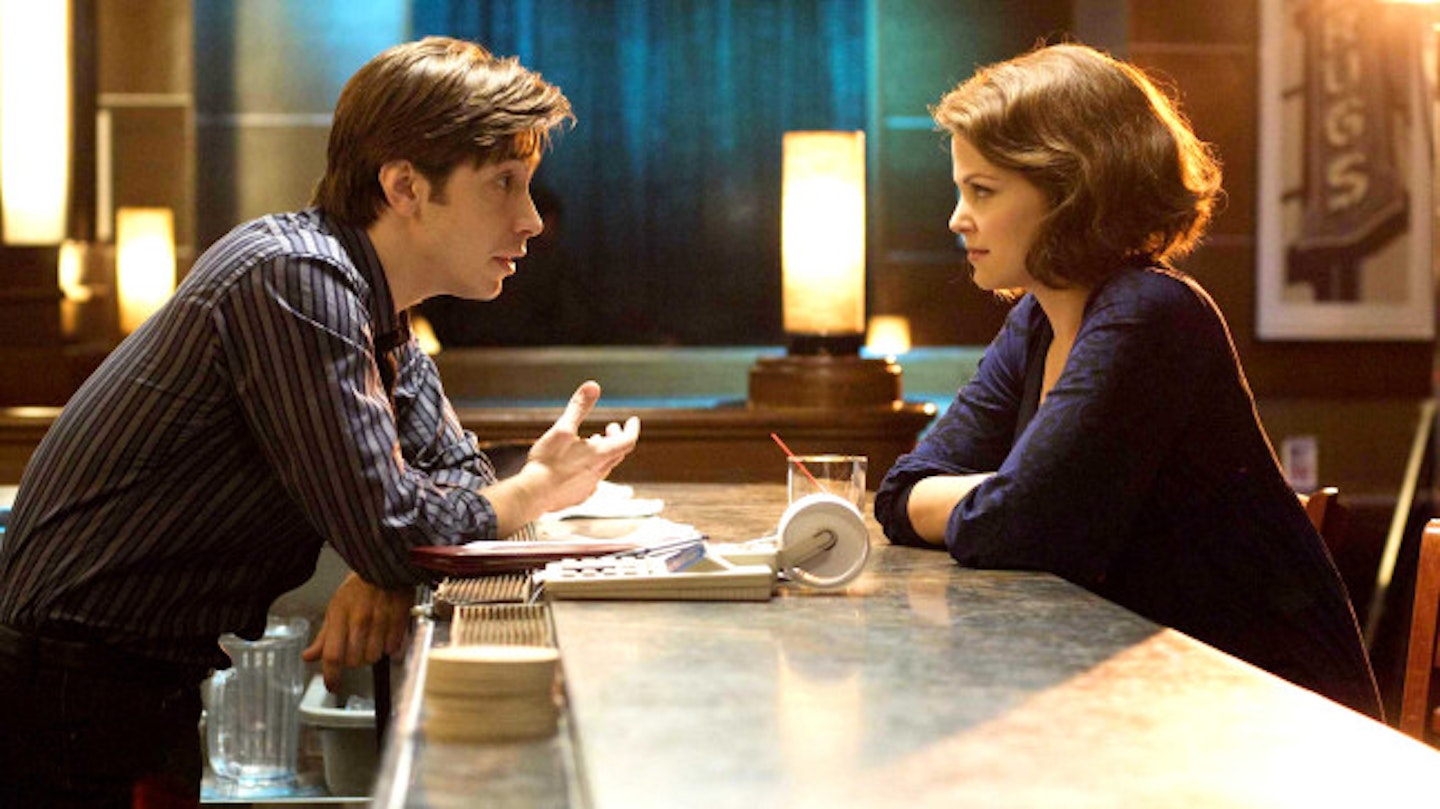 2 of 9
2 of 9he_s_just_not_that_into_you1
 3 of 9
3 of 9maxresdefault
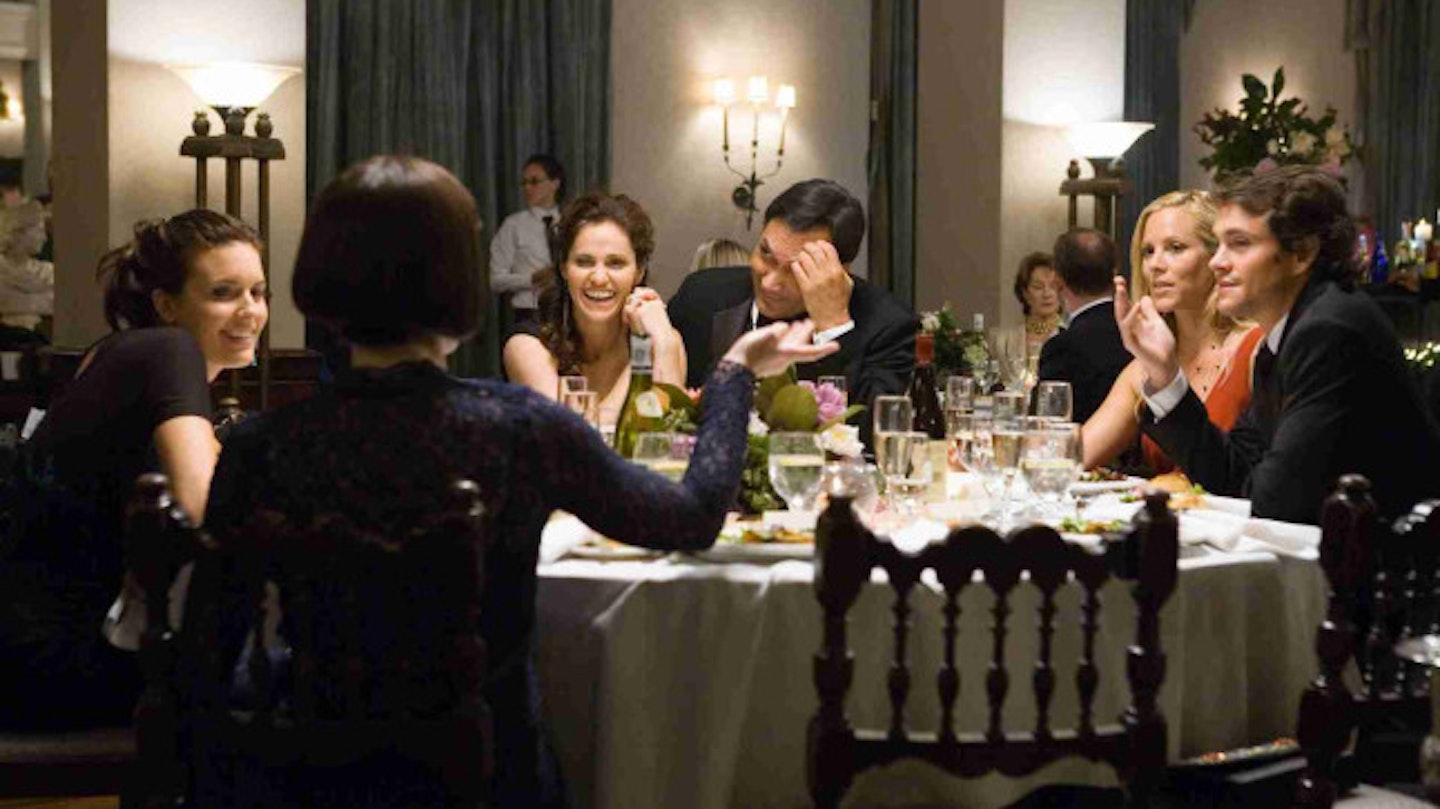 4 of 9
4 of 91416385637-the-jane-austen-book-club-4
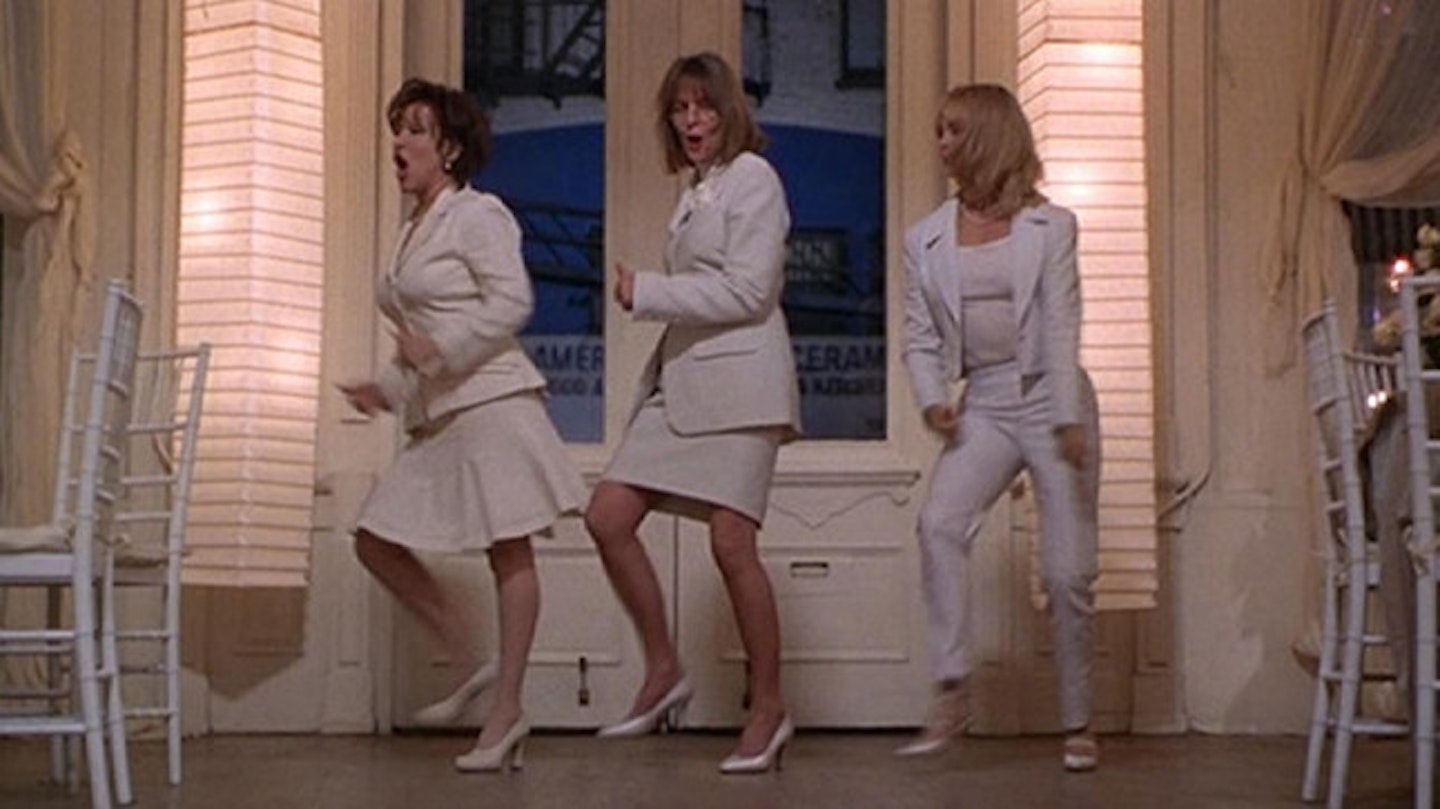 5 of 9
5 of 9Young-and-free-the-first-wives-club-7916219-1008-576
_646x363.jpg?auto=format&w=1440&q=80) 6 of 9
6 of 927050_kramer-protiv-kramera_or_kramer-vs-kramer_1600x1200_(www_GdeFon_ru)
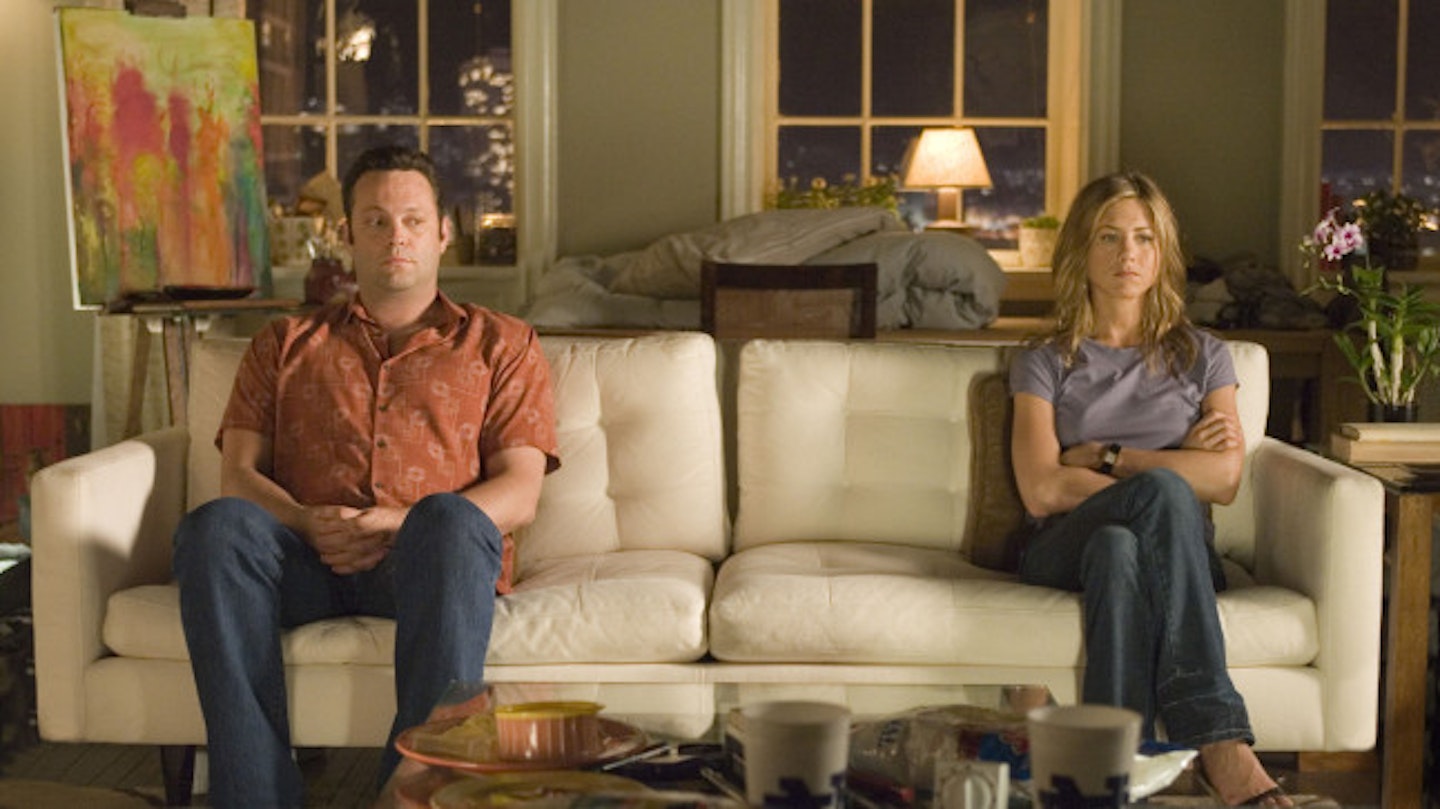 7 of 9
7 of 9movie-review-photo-_-the-break-up-screen-savor
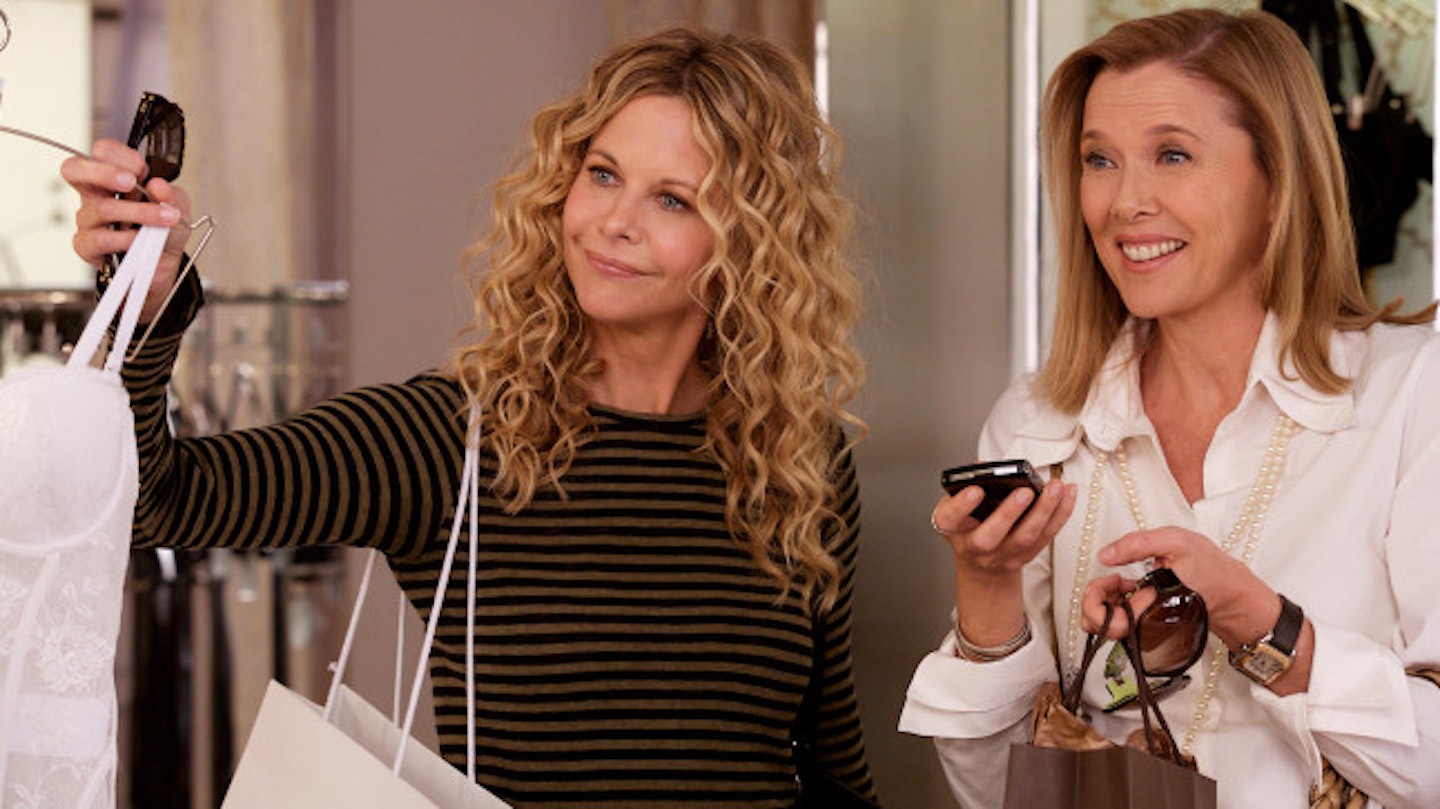 8 of 9
8 of 9women
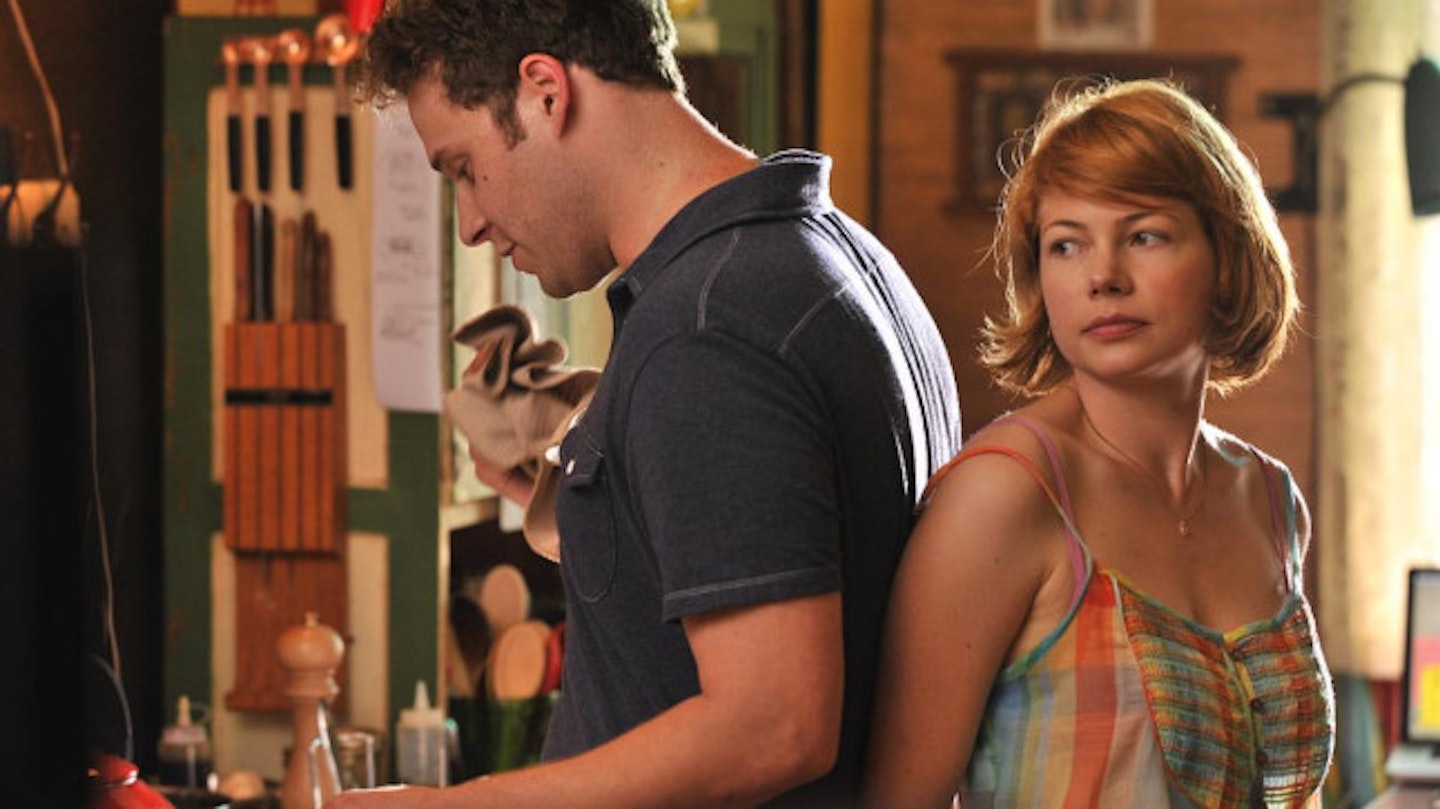 9 of 9
9 of 9